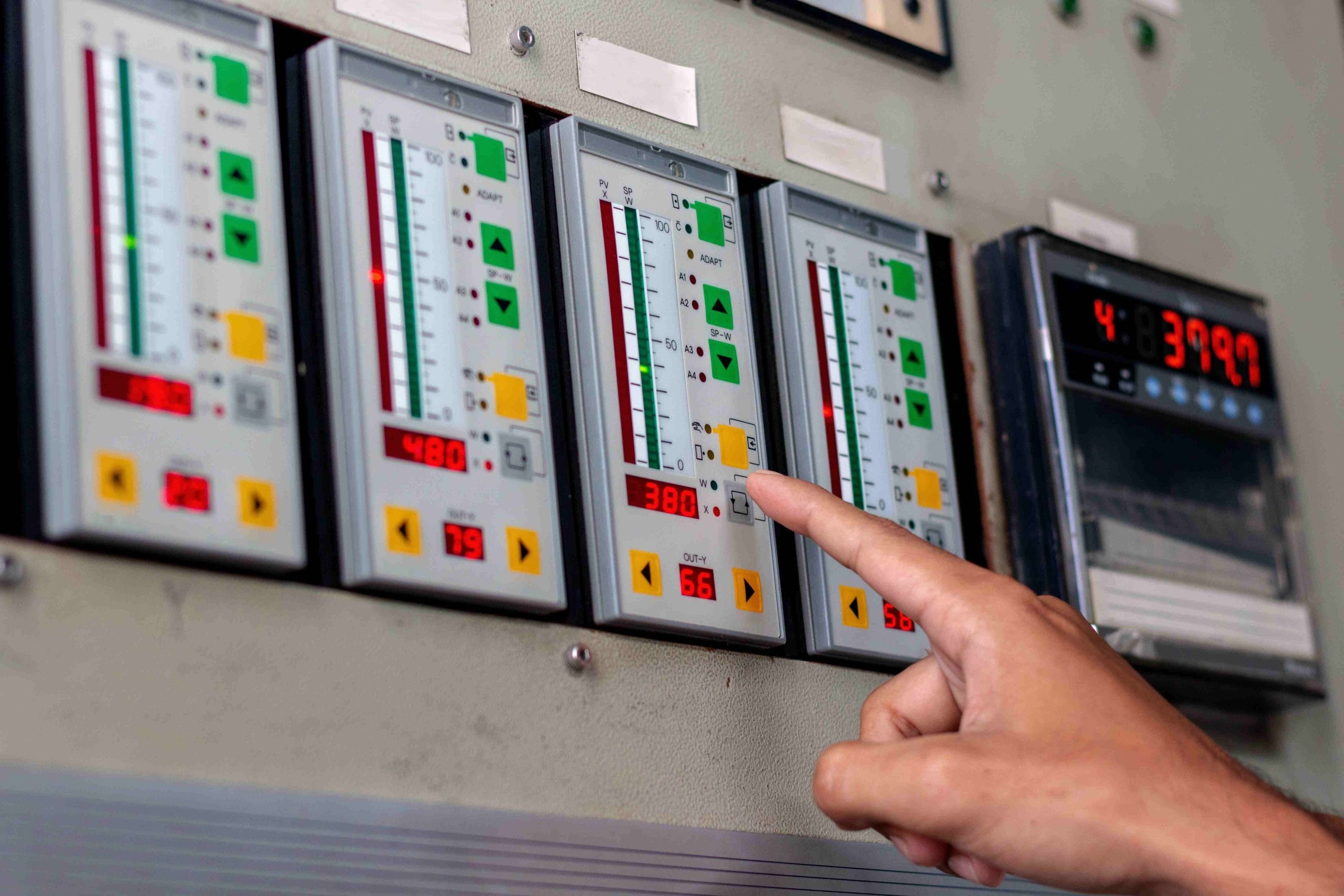
An Intensive 5-day Training Course
Variable Speed-Drive Troubleshooting
Scheduled Dates
Classroom
| 08 - 12 Jun 2026 | Dubai - UAE | $5,950 | RESERVE A SEAT |
| 31 Aug - 04 Sep 2026 | Abu Dhabi - UAE | $5,950 | RESERVE A SEAT |
| 09 - 13 Nov 2026 | Dubai - UAE | $5,950 | RESERVE A SEAT |
Would an alternative date be more suitable?
We offer a variety of tailored training options, customized to meet your organisation's needs. Delivered anytime, anywhere, we make it easy to bring expert training directly to your team.
Why Choose this Training Course?
AC motors represent industry's workhorse in small, medium and large size applications. It is no exaggeration to suggest that more than 50% of the energy consumed worldwide is converted by AC motors into work and these motors are controlled by drives. These drives are ever increasing more intelligent, electrical and their monitoring and operation can be integrated with the plant's SCADA system. Understanding maintenance and troubleshooting procedures of such vital industrial equipment means that reduced downtime and increased productivity are the immediate benefits for the company and its management. Equally important, the protection requirements along with their function and integration with the overall system ensures that such expensive apparatus, requiring high capital investment, is well guarded against failures further offering safety for operations personnel as well. The training course addresses the three topics mentioned above for both AC motors and their drives.
What are the Goals?
The objectives of the training course are:
- To define the operation and construction of AC electrical motors and the electrical drives based on modern state-of-the-art inverter technology, and their characteristics that need to be matched with those of loads
- To review maintenance procedures both for motors and drives following well-established industrial procedures as outlined in standards
- To illustrate with troubleshooting methods for both motors and drives following methodologies that have been developed by manufacturers in order to reduce downturn time dramatically
- To analyse and familiarize on how to utilize single-line drawings and other documentation to successful perform commissioning, maintenance and troubleshooting
- To share case studies and learn from such experience
Who is this Training Course for?
Variable speed drive and troubleshooting is intended for:
- Electrical engineers
- Technicians and plant operations and maintenance professionals
- Team leaders and professionals in maintenance engineering departments
- Anyone who wishes to update their knowledge on one of the most important equipment combination, i.e. motor/drive and how to get the best of their trouble-free operation in the plant if possible
How will this Training Course be Presented?
The latest educational methods and strategies will be employed. The seminar is designed to maximize delegate benefit from the outset and any specific goals of each participant will be discussed to ensure needs are fulfilled as far as possible. Questions are encouraged throughout the day and at the daily wrap-up sessions. This provides opportunities for participants to discuss with the presenter and other delegates specific problems and appropriate solutions.
All delegates take away a detailed and comprehensive copy of the material presented; therefore minimal note taking is encouraged to ensure maximum participation and attention.
Daily Agenda
Day One: AC Motors
- Fundamentals of rotating machines theory, rotor types, rotor slip and principles of operation, equivalent circuit, torque-speed characteristics
- Three phase induction motors types, construction, principle of operation, characteristics and applications
- Three phase synchronous motors construction and characteristics
- Starting of induction motors and associated techniques, accelerating and soft starters
- Speed control requirements of AC motors and load matching
- Medium voltage three phase induction motors
Day Two: Drives-Introduction
- Variable speed drive motors verses general purpose motors, VSD selection
- Reasons and advantages of variable speed drives, DC drive and AC drive comparisons, VFD curves and tests
- Variable speed drives basic theory, voltage source inverter, current course inverter and pulse width modulation
- Variable speed drives disadvantages, harmonics mitigation
- Choosing the best variable frequency drives and installation considerations
- Variable speed drives parameter programming and applications
Day Three: Drives Fundamentals
- Basic principles of AC Variable-Speed Drives (VSD's), constant torque region, constant power (extended speed) region, four quadrant operation
- Power semiconductors, diode, thyristor (SCR), IGBT, MOSFET, GTO and others
- Inverters, voltage-source and current-source, pulse width modulated (PWM) inverters
- Operations of DC link energy and inverters, regeneration or dynamic slowdown, dynamic breaking, plugging
- PWM waveforms and analysis, effects of PWM on motor bearings and insulation and life expectancy, volts/Hertz control, start up and operation, dynamics, PWM rectifier inverter systems
- Switching transients, harmonics and power factor
- AC drive line power factor, insulation voltage stress, electromagnetic interferences (EMI), EMI filtering, VFD shielded cables
Day Four: Troubleshooting and Maintenance of Drives
- Variable speed drives generic troubleshooting techniques
- Variable speed drives modes of operations, converter failures, common failure modes
- Variable speed drives motor bearing maintenance
- Testing and identification of failed thyristor and diode
- Test instruments and VSD analysers
- Preventative maintenance, approaches, guidelines and scheduling, checking, dynamic and static inspections, detecting phase unbalances, loss of phases, and phase reversal
Day Five: Protection of Motors and Drives
- Protection of AC motors, requirements, overload protection, Numerical relays for motor and drives protection
- VFD motor problem areas, voltage on shaft, shaft induced current
- Variable speed drives modular design and maintenance
- Methods of preventing bearing failures in VSDs
- Protection of inverters and electronic converters driving motors
- Medium voltage variable speed drives and protection
Certificate
- On successful completion of this Training Course / Online Training Course, a PetroKnowledge Certificate / E-Certificate will be awarded to the delegates.

